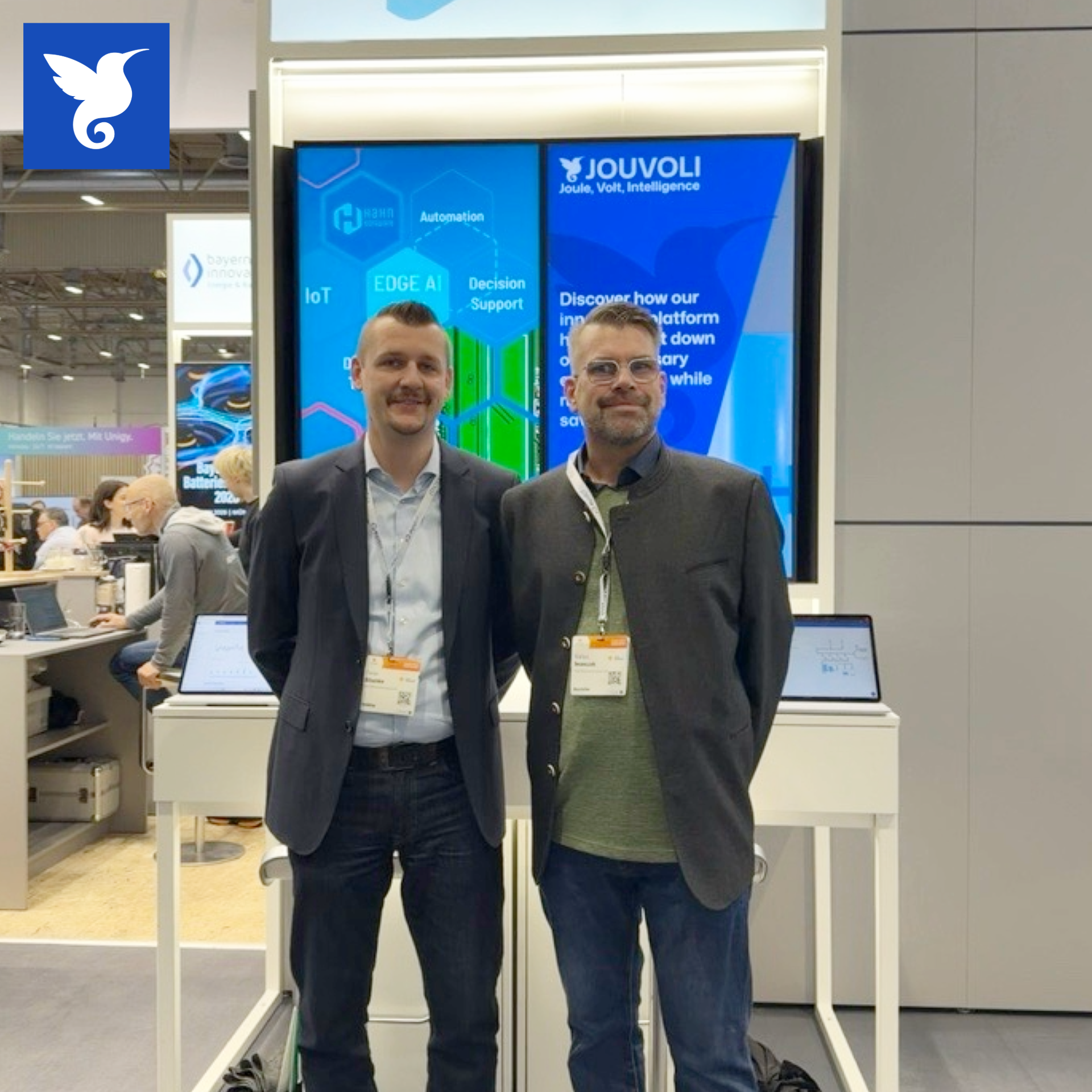Wussten Sie, dass die Erfassung und Wiederverwendung von Abwärme aus industriellen Prozessen die Energieeffizienz erheblich verbessern, die Kohlenstoffemissionen verringern und die wirtschaftliche Leistung optimieren kann? 📈
Abwärmerückgewinnungssysteme (WHR) werden im Streben nach nachhaltigen industriellen Verfahren immer wichtiger. Durch die Nutzung des Potenzials der ansonsten verlorenen Wärme kann die Industrie Strom erzeugen, Verbrennungsluft vorwärmen oder Fernwärmenetze versorgen. 🏭💡
Die Integration von WHR-Systemen bringt jedoch eine Reihe von Herausforderungen mit sich. Die Variabilität der Abwärmequellen, die Notwendigkeit einer prozessspezifischen Integration und die Bedeutung eines kontinuierlichen Betriebs sind kritische Faktoren, die berücksichtigt werden müssen. 🔧
Jüngste Studien haben die technisch-wirtschaftliche Bewertung der Abwärmenutzung in verschiedenen Zusammenhängen beleuchtet. So kann beispielsweise die Nutzung überschüssiger Wärme aus alkalischen Elektrolyseuren, die mit überschüssiger erneuerbarer Energie betrieben werden, die Systemeffizienz verbessern und die Kosten für die Wasserstoffproduktion senken, insbesondere bei kleineren Elektrolyseurkonfigurationen. 🌞💧
Die erfolgreiche Integration von WHR-Systemen erfordert eine nahtlose Einbindung in bestehende industrielle Prozesse, eine sorgfältige Planung und robuste Risikomanagementstrategien. Wenn die Industrie diese Herausforderungen direkt angeht, kann sie das volle Potenzial der Abwärmenutzung ausschöpfen und den Weg für eine nachhaltigere Zukunft ebnen. 🌍💪
Möchten Sie mehr darüber erfahren, wie intelligentes Energiemanagement Nachhaltigkeit und Effizienz in Ihrem Unternehmen fördern kann? Erfahren Sie mehr darüber, wie Jouvoli die Zukunft der Energie mitgestaltet. 🚀


